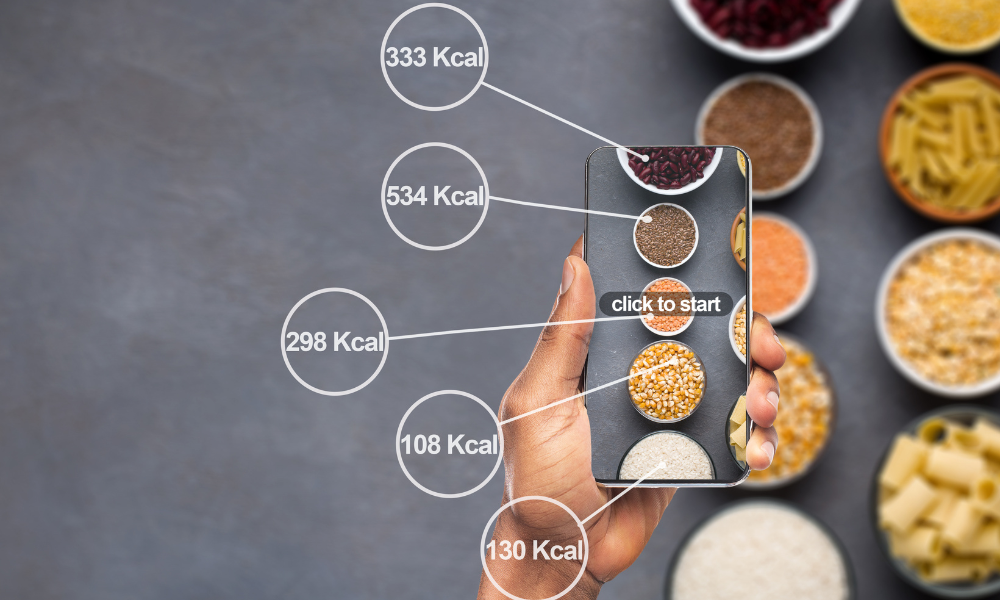How Many Calories Should I Eat Per Day

When it comes to maintaining a healthy lifestyle, one of the most critical factors to consider is your daily calorie intake.
Finding the right balance of calories can help you achieve your fitness goals, whether it's weight loss, muscle gain, or simply maintaining your current weight.
But how do you determine the ideal number of calories you should be consuming each day?
In this article, we'll delve into the science of calories and provide you with a clear understanding of how to calculate your daily caloric needs.
Understanding Calories: The Basics
Calories are units of energy that our bodies need to perform various functions, from breathing to exercising.
When we consume food, our bodies break it down, extracting the energy needed to fuel our bodily processes.
The balance between the calories we consume and the calories we burn plays a pivotal role in our overall health and body composition.
Factors Influencing Daily Caloric Needs
Several factors influence the number of calories an individual should consume daily. These factors include:
1. Basal Metabolic Rate (BMR)
Your BMR represents the number of calories your body requires to sustain basic functions while at rest. It's influenced by your age, gender, weight, and height. Calculating your BMR can provide a baseline for estimating your daily caloric needs.
2. Physical Activity Level
The more physically active you are, the more calories you'll burn.
Your activity level, ranging from sedentary to highly active, determines the additional calories needed to support your workouts and daily movements.
3. Goals: Weight Loss or Gain
Your goals play a significant role in calorie consumption.
To lose weight, you need to create a calorie deficit, while muscle gain requires a calorie surplus.
Understanding your objectives is crucial in determining the appropriate calorie intake.
4. Metabolism and Genetics
Metabolic rate and genetic factors affect how efficiently your body processes calories.
Some individuals naturally burn calories faster than others due to genetic predispositions.
Calculating Your Daily Caloric Intake
To determine your daily caloric intake, follow these steps:
1. Calculate BMR
Use the Harris-Benedict equation to calculate your BMR based on your gender, age, weight, and height.
2. Factor in Physical Activity
Multiply your BMR by an activity factor that corresponds to your daily activity level.
3. Set Goals
Adjust your caloric intake based on your goals. A calorie deficit for weight loss or a surplus for muscle gain.
Importance of Precision
While online calculators can provide estimates, it's crucial to listen to your body's signals.
Everyone is unique, and factors such as stress, sleep, and individual metabolism can impact your ideal calorie intake.
Monitoring and Adjusting Your Caloric Intake
As you embark on your calorie journey, remember that flexibility is key. Regularly monitor your progress and make adjustments as necessary.
Consult a registered dietitian or nutritionist for personalized guidance tailored to your specific needs.
Conclusion
The question "How many calories should I eat per day?" doesn't have a one-size-fits-all answer.
It depends on various factors such as age, activity level, and goals. Understanding your body's needs and signals is essential in finding the right balance for optimal health.
FAQs
Is there a universal daily calorie recommendation?
No, daily calorie needs vary greatly based on individual factors.
Can I lose weight by significantly cutting calories?
Rapid and drastic calorie cuts can lead to muscle loss and nutritional deficiencies. It's best to create a sustainable plan.
Are all calories the same?
While the energy content might be the same, the nutritional value of calories from different sources can vary significantly.
What happens if I consistently exceed my daily calorie limit?
Consistently consuming more calories than needed can lead to weight gain over time.
How can I boost my metabolism?
Regular exercise, proper hydration, and eating small, balanced meals throughout the day can help boost metabolism.
